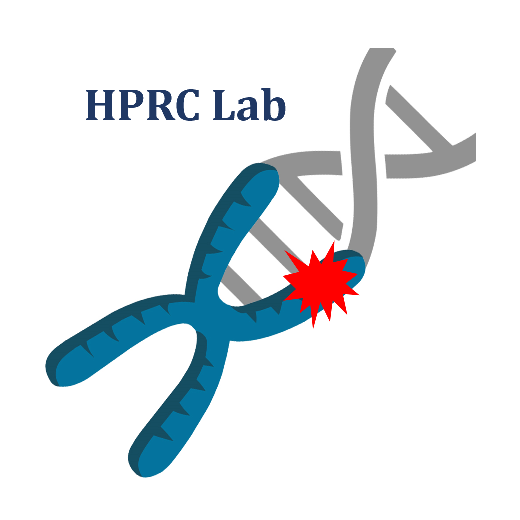Description
Since its foundation in the 1960s, the Health Physics, Radiobiology & Cytogenetics Laboratory (HPRCL) gives proper and continuous recognition to problems related to all potential radiation induced health effects. During the last decades, scientific interests extended to cytogenetic investigations of hematological malignancies. Research activities involve the use of ionizing radiation of different qualities, radiation and leukemia cytogenetics and molecular genetics to study questions of basic and applied research in radiation protection, radiobiology and carcinogenesis.
The Laboratory provides operational health physics services related to the Radiation Protection Program in NCSR “Demokritos” and the evaluation of radiation overexposures or accidents by means of biodosimetry methods. Research efforts focus on radiation protection, radiobiology and biological dosimetry using radiation cytogenetics and molecular genetics. Specifically, the research team’s activities aim to the elucidation of the mechanisms underlying chromosomal aberration induction by means of conventional and interphase cytogenetics and premature chromosome condensation, individual radiosensitivity using predictive assays based on G2-chromosomal radiosensitivity, as well as the mechanistic origin of radiation-induced chromosomal instability, chromothripsis and carcinogenesis.
The members of the HPRCL have long term experience and expertise on karyotypic and molecular cytogenetic (FISH) analyses of hematological malignancies at both diagnostic and research level. To date, more than 50.000 bone marrow samples from leukemia and lymphoma patients have been cytogenetically analyzed. Cytogenetic material and genomic DNA are anonymously classified and stored. Stored material has been proved most valuable for collaborative and retrospective studies. The Laboratory collaborates with the major hematology and pathology departments in Greece and with significant research centers in Europe.
HPRCL is a member in several international consortia, associations and networks (EURADOS “European Radiation Dosimetry Group”, RENEB “Running the European Network of Biological Dosimetry and Physical Retrospective Dosimetry”, WHO “BioDoseNet Network for Biological Dosimetry” Global Biodosimetry Laboratories network for radiation emergencies) exploring new biodosimetry methods for dose and individualized risk assessments in the management of radiation accidents, particularly in the event of large-scale radiological accidents. Further, HPRCL is a member of the network of excellence ELN (European LeukemiaNet) promoting cooperative research for curing leukemia, the European Working Group of myelodysplastic syndrome, juvenile myelomonocytic leukemia and severe aplastic anemia in childhood (EWOG-MDS/JMML/SAA) and the Study Group of acute myeloid leukemia in children, in the framework of the European polycentric clinical study AIEOP-AML-BFM 2020.
Laboratory Activities
- Radiobiology: Elucidation of the mechanisms underlying the biological effects of ionizing radiation, genetic susceptibility to radiosensitivity and carcinogenesis, as well as the mechanistic origin of chromosomal instability, shattering and chromothripsis.
- Biodosimetry: Development of new and automatable methodologies for absorbed dose estimation using chromosomal aberrations and interphase cytogenetics in human peripheral blood lymphocytes following exposure to radiation of different qualities.
- Radiation Protection: Development of cytogenetic methodologies to detect increased radiosensitivity and cancer proneness for the evaluation of radiation accidents, rapid risk assessment even in large scale radiological emergencies, and the individualization of radiotherapy protocols.
- Radiotherapy and Radiopharmacy: Evaluation of new drugs as radiosensitizing agents in human cancer cell lines.
- Cytogenetics of hematological malignancies: Identification of genomic rearrangements of patients with hematological neoplasms for diagnostic evaluation, prognostic stratification and guidance for individually tailored customized therapies.
- Genetic predisposition and leukemogenesis: Identification of polymorphisms of detoxifying and DNA repair genes as predisposing factors for leukemogenesis and formation of specific chromosome aberrations. Investigation of molecular mechanisms underlying the multistep process of leukemogenesis.
- Genetic syndromes and infertility: Cytogenetic analysis of patients with congenital birth defects and couples with infertility problems to identify associated chromosome abnormalities and gene rearrangements.
- Genetics of multifactorial diseases: Molecular investigation of gene mutations and variants affecting predisposition, initiation and progression of multifactorial diseases, such as endometriosis and multiple sclerosis.
Media Gallery of Health Physics, Radiobiology & Cytogenetics Laboratory (HPRCL)
People
Services
Latest Grants
Proud to Collaborate with
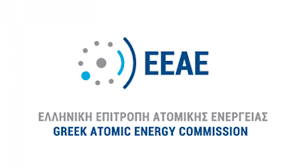
Greece
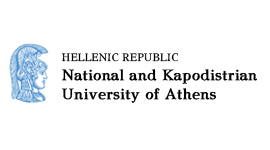
Greece
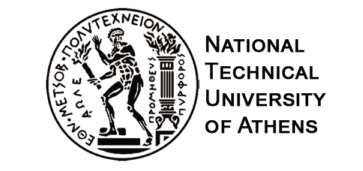
Greece
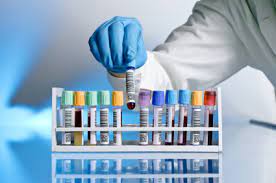
Greece

Germany
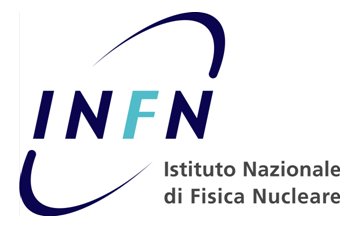
Italy

USA

Germany
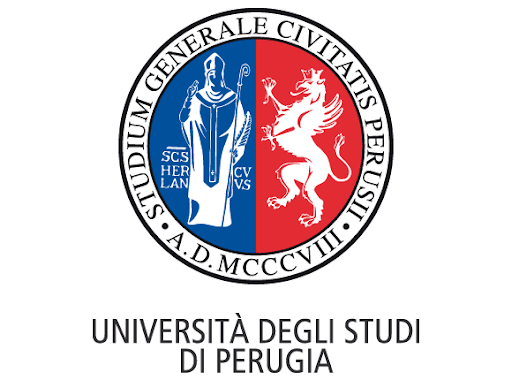
Italy


